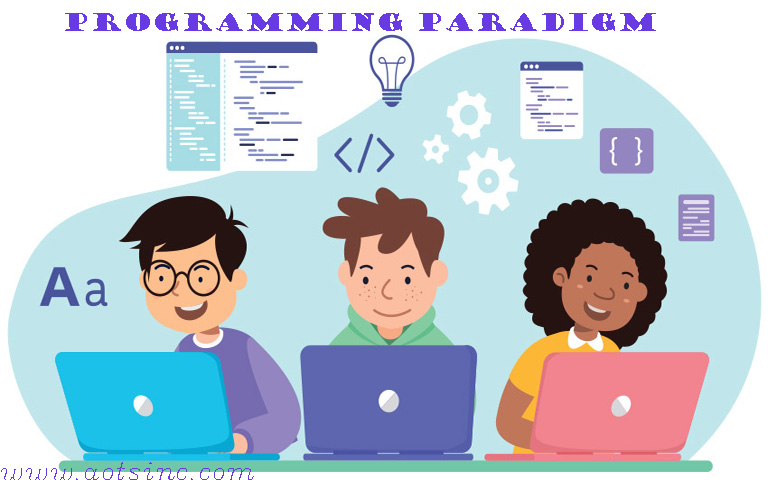Based on a Programming Language Technology
A programming paradigm is a fundamental style or way of programming that reflects a particular approach to building software. It encompasses the concepts, principles, and practices that guide developers in writing code. Different programming languages often support specific paradigms, although some languages are multi-paradigm, meaning they support multiple approaches. Here are some common programming paradigms and their associated technologies.
1. Imperative Programming:
- Technology: C, Pascal, Fortran
- Description: Imperative programming is based on the idea of giving the computer a sequence of tasks to perform. It uses statements that change a program’s state.
2. Object-Oriented Programming (OOP):
- Technology: Java, C++, Python
- Description: OOP organizes code into objects that encapsulate data and behavior. It emphasizes concepts such as encapsulation, inheritance, and polymorphism.
3. Functional Programming:
- Technology: Haskell, Lisp, Scala
- Description: Functional programming treats computation as the evaluation of mathematical functions and avoids changing-state and mutable data.
4. Procedural Programming:
- Technology: C, Pascal
- Description: Similar to imperative programming, procedural programming involves organizing code into procedures or routines that operate on data.
5. Declarative Programming:
- Technology: SQL, HTML, CSS
- Description: Declarative programming expresses the logic of a computation without specifying its control flow. It focuses on describing what should be done rather than how to do it.
6. Event-Driven Programming:
- Technology: JavaScript, GUI programming frameworks
- Description: In event-driven programming, the flow of the program is determined by events such as user actions (clicks, keypresses). Callbacks or event handlers respond to these events.
7. Logic Programming:
- Technology: Prolog
- Description: Logic programming is based on formal logic. Programs are expressed as sets of logical clauses, and computation involves inferring the truth values of these logical expressions.
8. Concurrent Programming:
- Technology: Erlang, Go
- Description: Concurrent programming involves the execution of multiple tasks or processes simultaneously, often to improve performance or responsiveness.
9. Aspect-Oriented Programming (AOP):
- Technology: AspectJ (an extension to Java)
- Description: AOP separates concerns by allowing the modularization of cross-cutting concerns such as logging and security.
10. Meta-Programming:
- Technology: Lisp (macros), Ruby (metaprogramming)
- Description: Meta-programming involves writing programs that generate or manipulate other programs.
It’s important to note that many modern programming languages support multiple paradigms, providing flexibility for developers to choose the most appropriate approach for a given task. Additionally, new programming languages and paradigms continue to emerge as the field of computer science evolves.[https://aotsinc.com/blog/]
